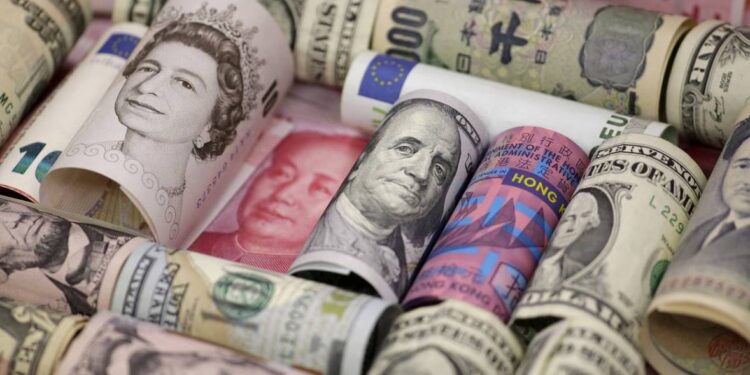Nigeria’s foreign reserves have reached a milestone of $40.167 billion as of November 11, 2024, marking the highest level since 2022, according to fresh data from the Central Bank of Nigeria (CBN). This comes amid continued pressure on the naira, which recorded notable depreciation against the US dollar in recent trading sessions.
The latest figures from the CBN show a substantial increase from September’s $38.3 billion, reflecting what CBN Governor Olayemi Cardoso attributes to improved policies, particularly in managing International Money Transfer Operators (IMTOs). These reforms have reportedly boosted Nigeria’s diaspora remittances in recent months.
“These reforms have started yielding positive results, with notable improvements in the FX market and a stabilisation of foreign reserves,” Cardoso stated, highlighting the significance of reaching the highest reserve levels in nearly three years.
Naira falls to N1689.88 per dollar
However, the positive news about foreign reserves contrasts with the naira’s performance in the foreign exchange market. The naira has experienced consecutive days of depreciation against the US dollar. On Monday, November 11, 2024, the naira traded at N1681.42/$1, representing a N2.55 decline from the previous Friday’s rate of N1678.87/$1.
The currency’s downward trend continued into Tuesday, with the naira further weakening to N1689.88/$1, marking an additional N8.42 depreciation from Monday’s rate. This persistent decline highlights the ongoing challenges in Nigeria’s foreign exchange market, even as the country’s external reserves show improvement.
The simultaneous strengthening of foreign reserves and weakening of the naira presents a complex picture of Nigeria’s current monetary situation, as the Central Bank continues to implement reforms aimed at stabilizing the country’s foreign exchange market while building up its external buffers.
The CBN’s success in boosting foreign reserves comes at a crucial time when the national currency faces significant pressure in the foreign exchange market, demonstrating the delicate balance between maintaining strong external reserves and managing currency stability.

Leave a Reply